Transforming Military Readiness: Breakthroughs in Soldier Training and Realism
The future of soldier training is a dynamic and moving target. In the rapidly changing landscape of modern warfare, staying ahead of emerging threats while keeping troops trained for them is a never-ending battle.
The 2024 Army Posture Statement emphasizes the importance of readiness and modernization, focusing on enhanced training and technological advancements.
Let’s examine the biggest challenges in the world of soldier training today, and how Lockheed Martin is addressing them now and into the future.
Overcoming Limitations in Force-on-Force Training
The limitations associated with today’s force-on-force training systems include optics, which are limited by line-of-sight. If a soldier were to take cover behind a bush, for example, a laser can’t penetrate a leaf and register a hit. This produces unrealistic training since, in a real-life engagement, a bullet wouldn’t be inhibited by foliage.
SIMRES addresses this issue by avoiding optics altogether and opting for a geo-pairing solution. This technology creates a digital twin of a live exercise, porting the physical environment as well as soldier and weapon positioning into the synthetic environment where it calculates ballistics and effects based on real-world conditions. Taking training a step further, SIMRES provides a real-time visualization of the engagement via gaming technology, in addition to performance analysis for targeted improvement and enhanced soldier readiness.
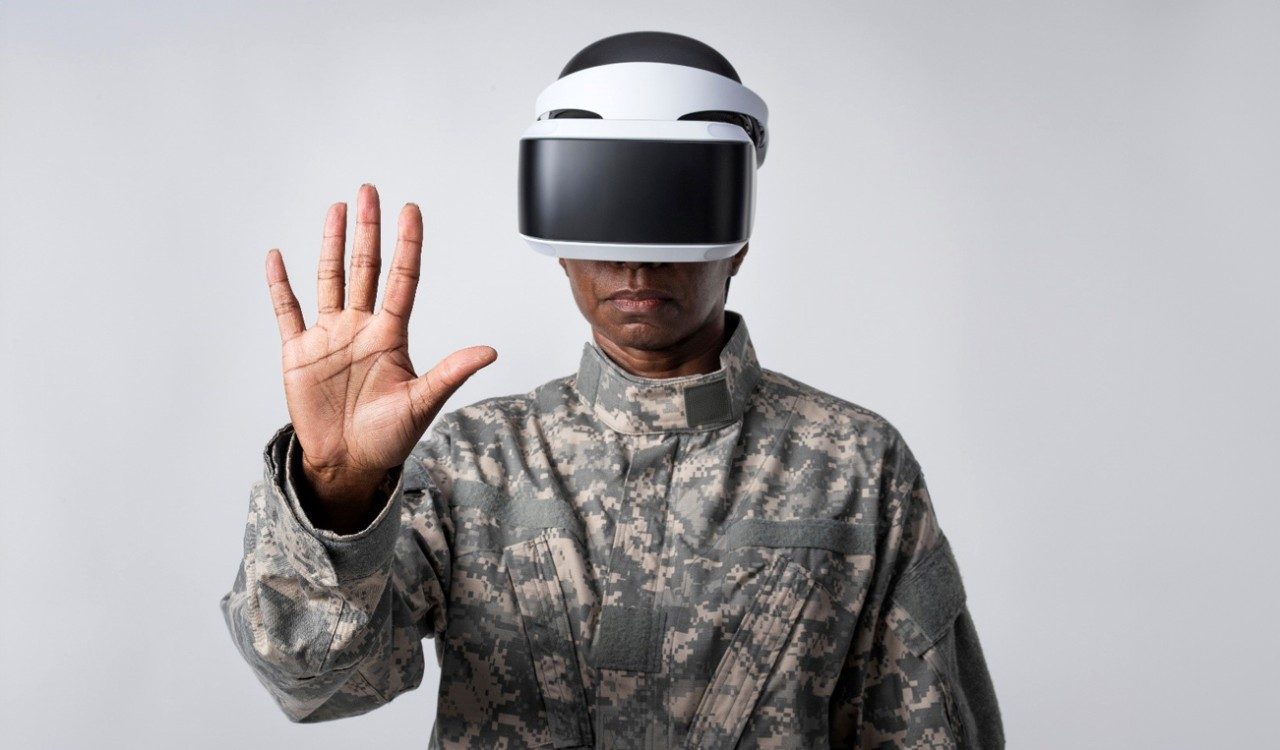
Addressing Access to Real Military Vehicles
Limited access to real military vehicles due to cost, availability and space constraints presents a challenge for training.
Lockheed Martin's Crew Familiarization Trainer solves this through an immersive virtual reality experience presenting the interior and exterior of their assigned land-based military vehicle. This saves resources and time while providing comprehensive training. Despite the substantial weight and space requirement differences between a multi-ton vehicle and the lightweight head-mounted device, there is minimal compromise in training value and significant potential gains in familiarization and readiness.
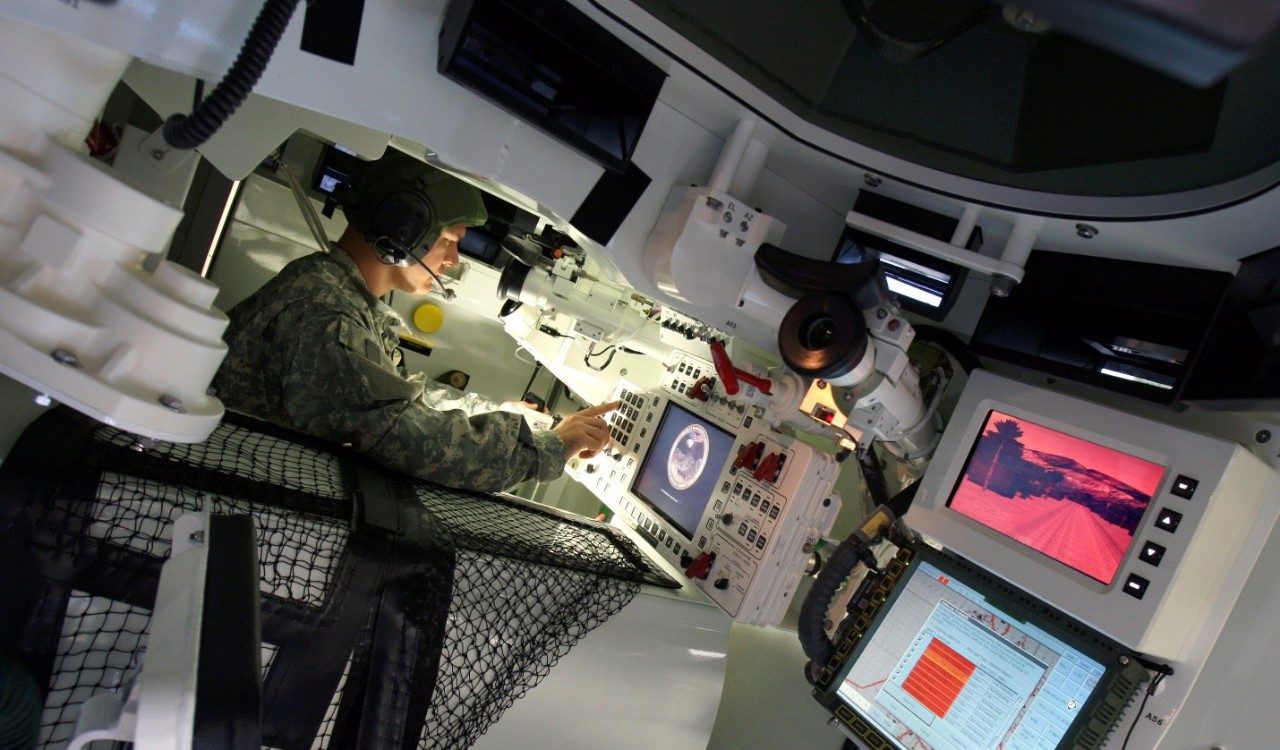
Reducing Costs in Tank Training
Tank training is a massive undertaking that requires a lot of money to maintain not only the tanks themselves but also the ranges, ammo and fuel. It’s also dependent on location and weather conditions.
For the past three decades, the Advanced Gunnery Training System has offered virtual training, making it a logical and cost-effective solution. This versatile trainer is continually improved, from adding more vehicle platforms to new forms of fidelity. Of course, live fire training is still necessary, but a soldier who has gained proficiency in the virtual trainer is more apt to maximize his or her time when training in the real thing.
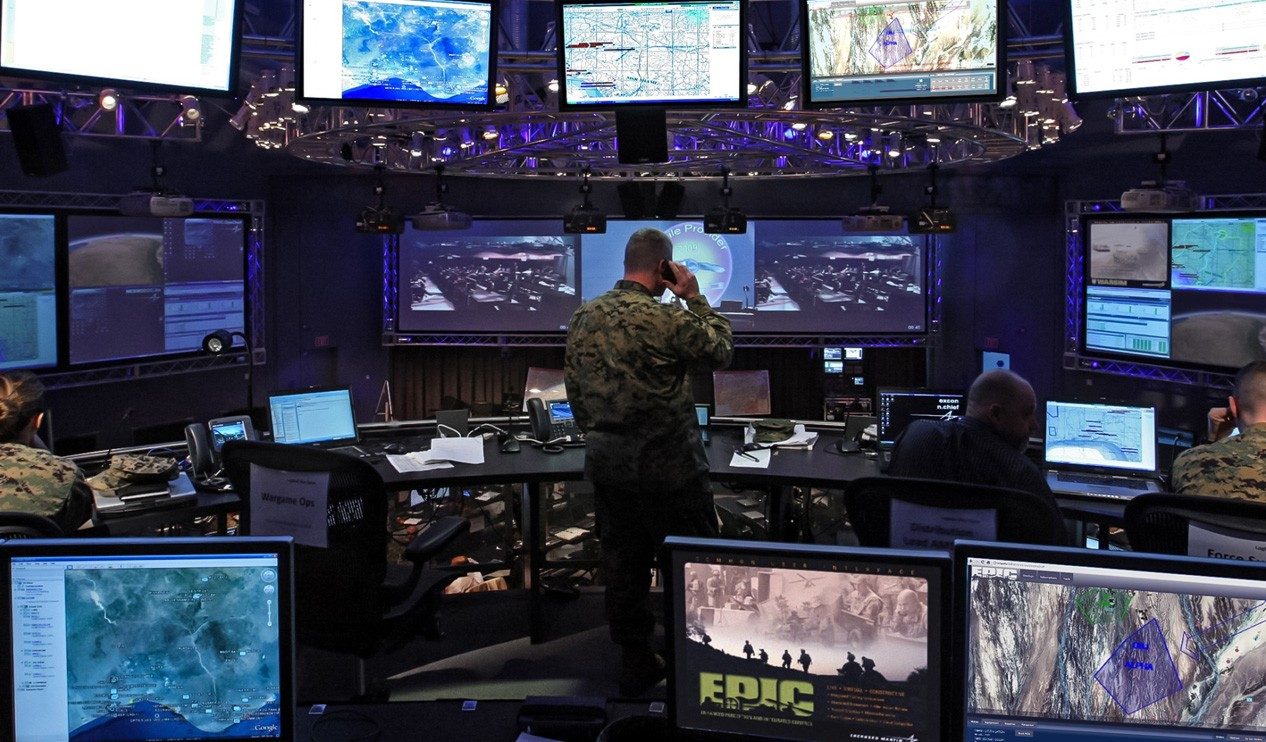
Mastering Multi-Domain Operations and Realistic Training
The U.S. Army faces challenges in command and staff training, particularly adapting to Multi-Domain Operations (MDO) and simulating realistic training environments. Coordinating operations across multiple domains requires a higher level of coordination and understanding of joint capabilities, often hampered by resource constraints and scalability issues.
Battle Staff Trainer addresses these challenges by offering a high-fidelity modeling and simulation solution. It incorporates WARSIM, which has been used to train all U.S. Army Command and Staff Organizations since 2010 and supports MDO in a realistic and immersive environment. The platform enables real-time coordination across domains, helping leaders understand joint capabilities. Additionally, Battle Staff Trainer's scalability allows for replicating large-scale conflict situations with multiple units, using virtual and constructive simulations.
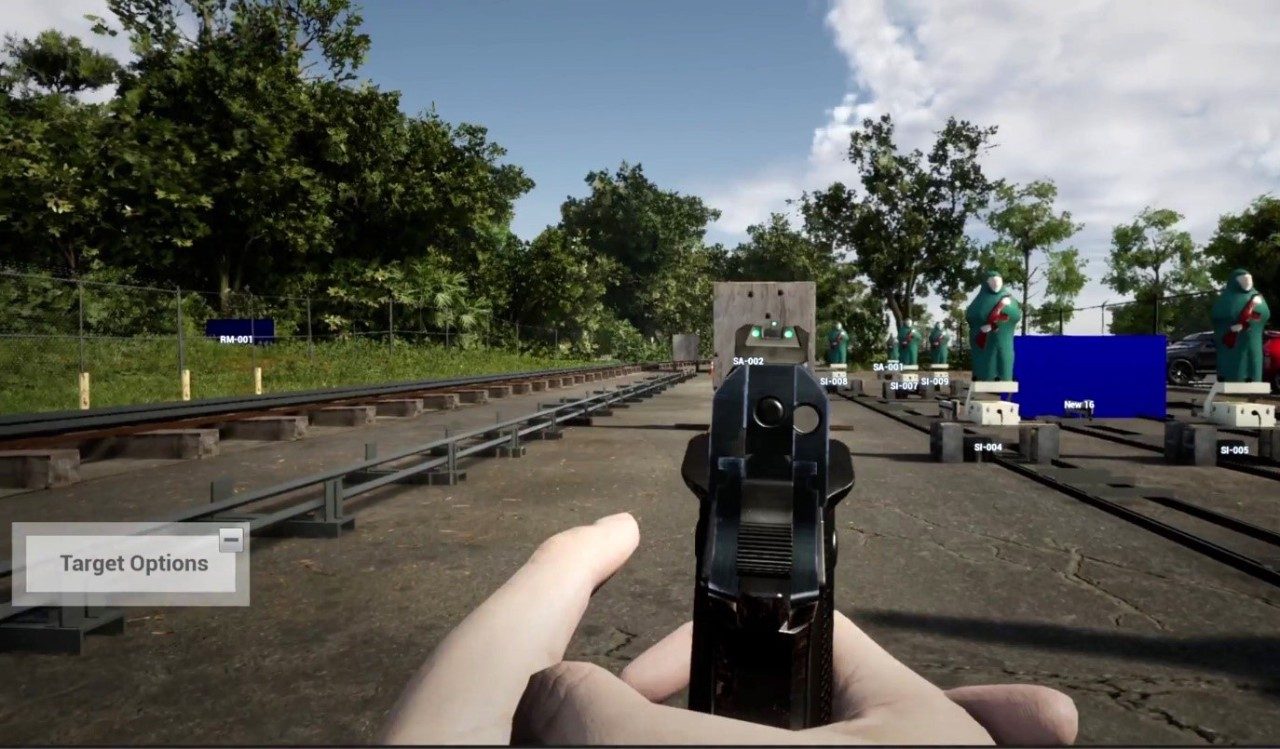
Boosting Realism in Military Simulation
Military simulation has been lacking the same level of realism seen in today's video games, making it less engaging for soldiers.
Future Simulation Engine, Lockheed Martin’s next-gen visualization capability built on Unreal Engine 5, addresses this problem by delivering high-quality visualizations not before seen in military simulations. The more realistic the visuals, the more realistic responses and engagement for soldiers in training. Service members will soon be able to immerse themselves in realistic, 3D environments that will radically change how they train and prepare for the fight.
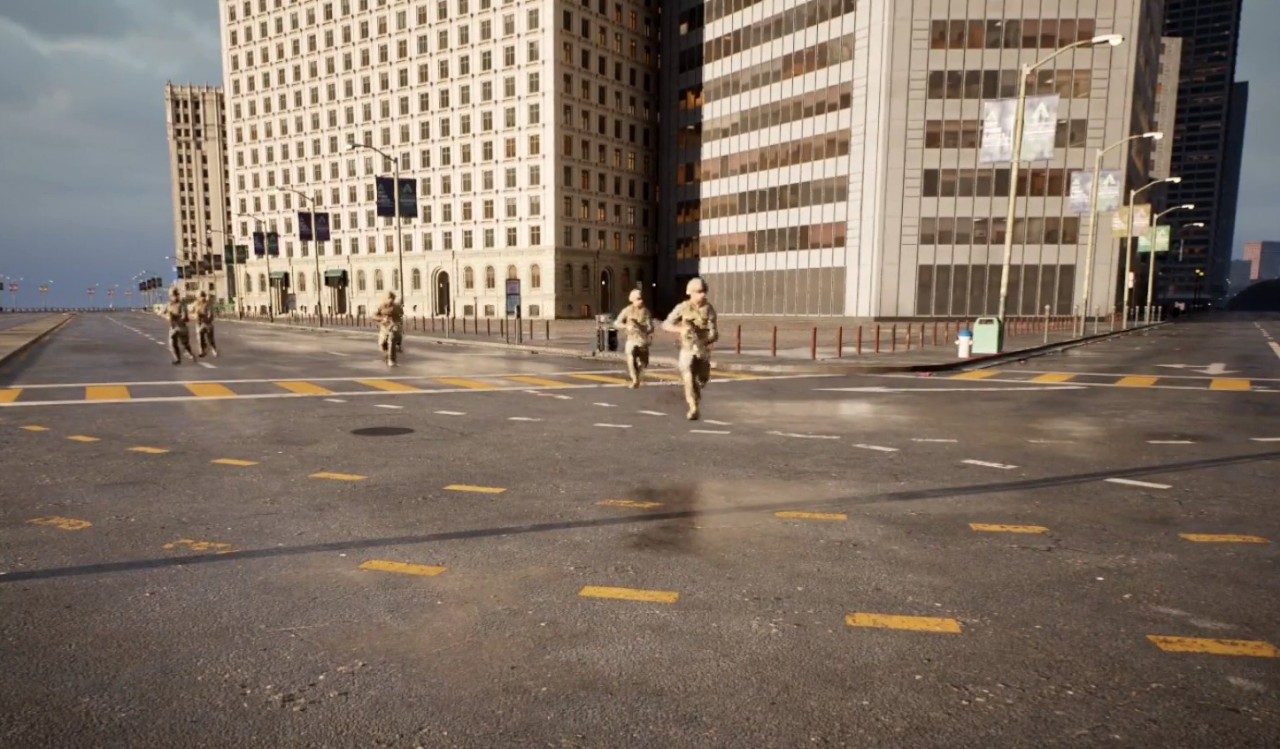
Ensuring Realistic Operation in Simulations
Aside from simulations looking real, they should operate as realistically as possible.
Future Simulation Engine provides the framework for Intelligent Ground Semi-Automated Forces, which is a large-scale, entity-level simulation host for military training scenarios inside a virtual whole-earth environment, offering a fully capable exercise control and after-action review system. This scalable, high-fidelity sim focuses on enhancing the virtual collective training mission and is also applicable to live and constructive applications to support crew-level training up to brigade virtual exercises.
These advancements in soldier training contribute to accelerating mission readiness and saving lives. By evolving training, troops can better prepare for real-world scenarios, fostering a more effective and adaptable fighting force.




